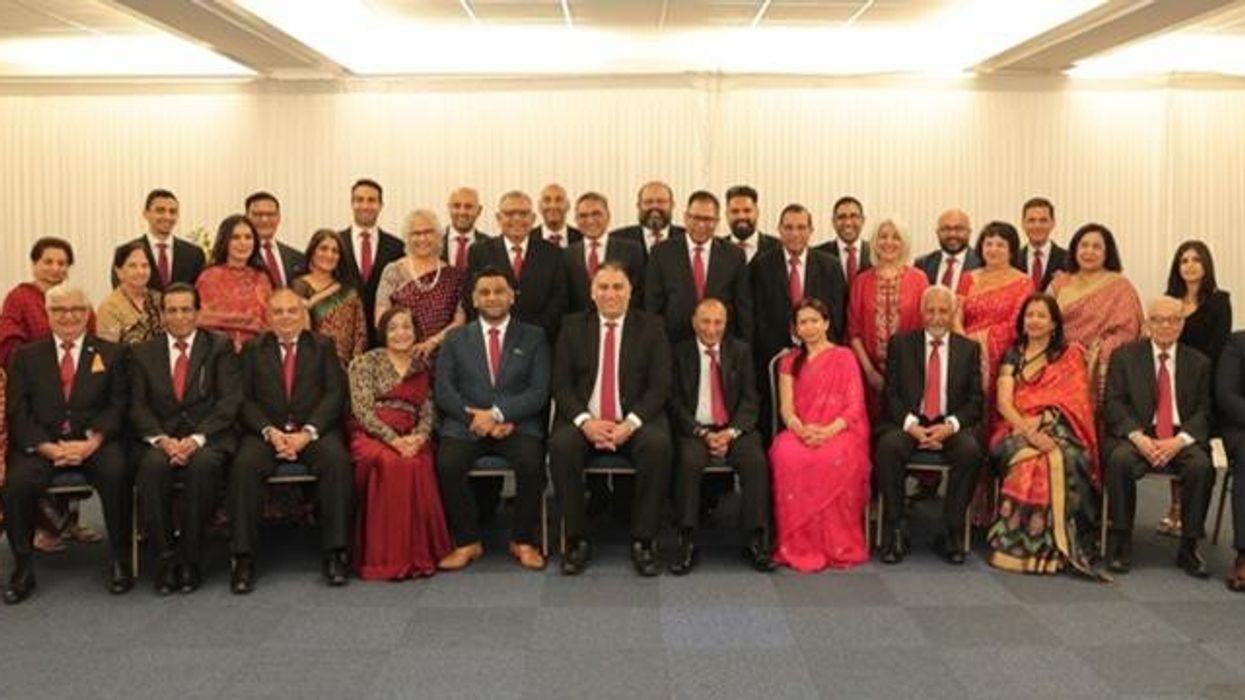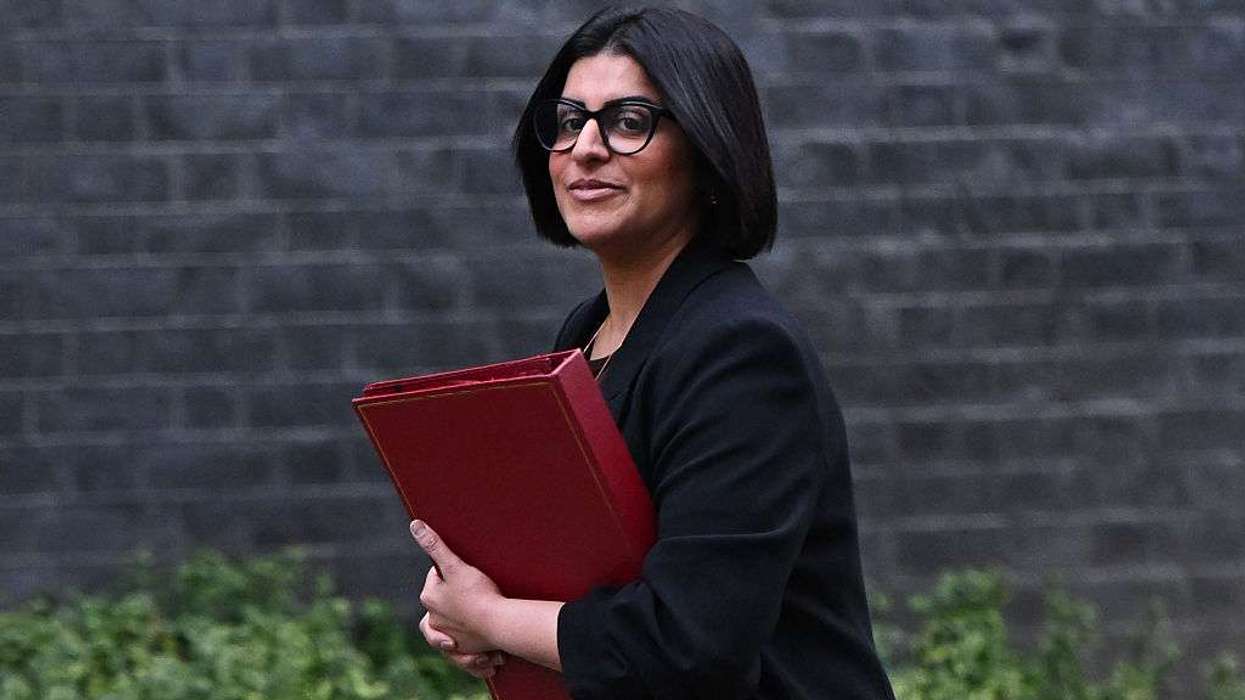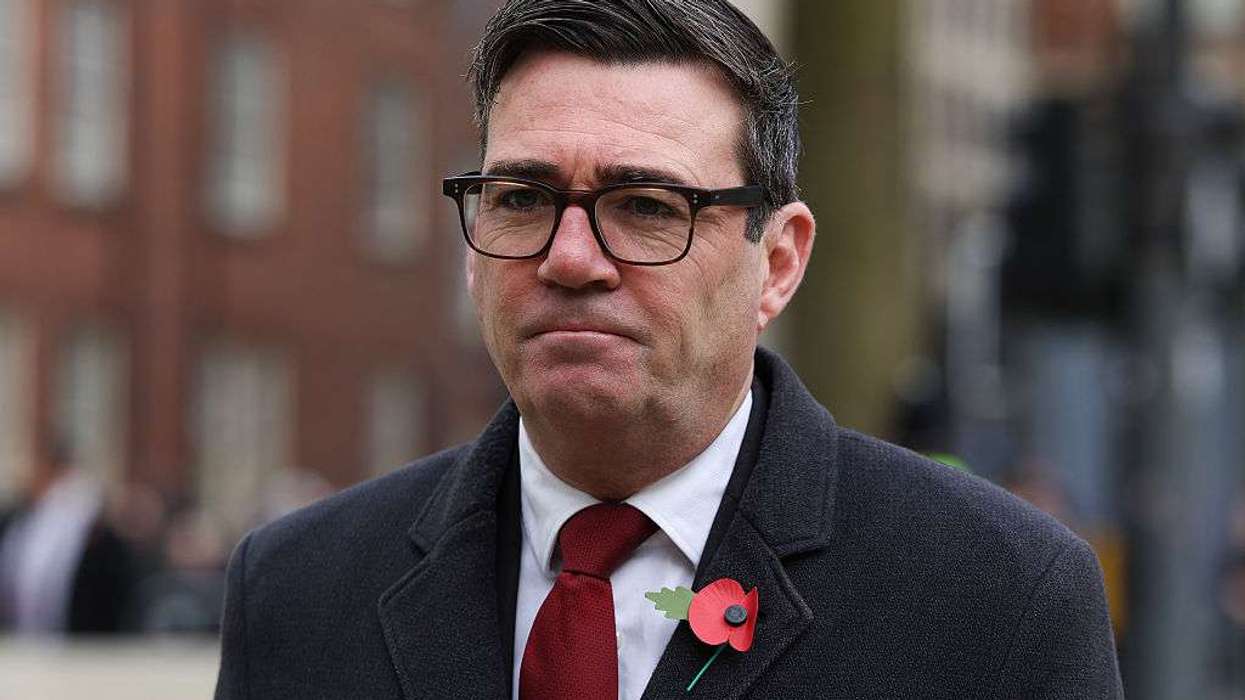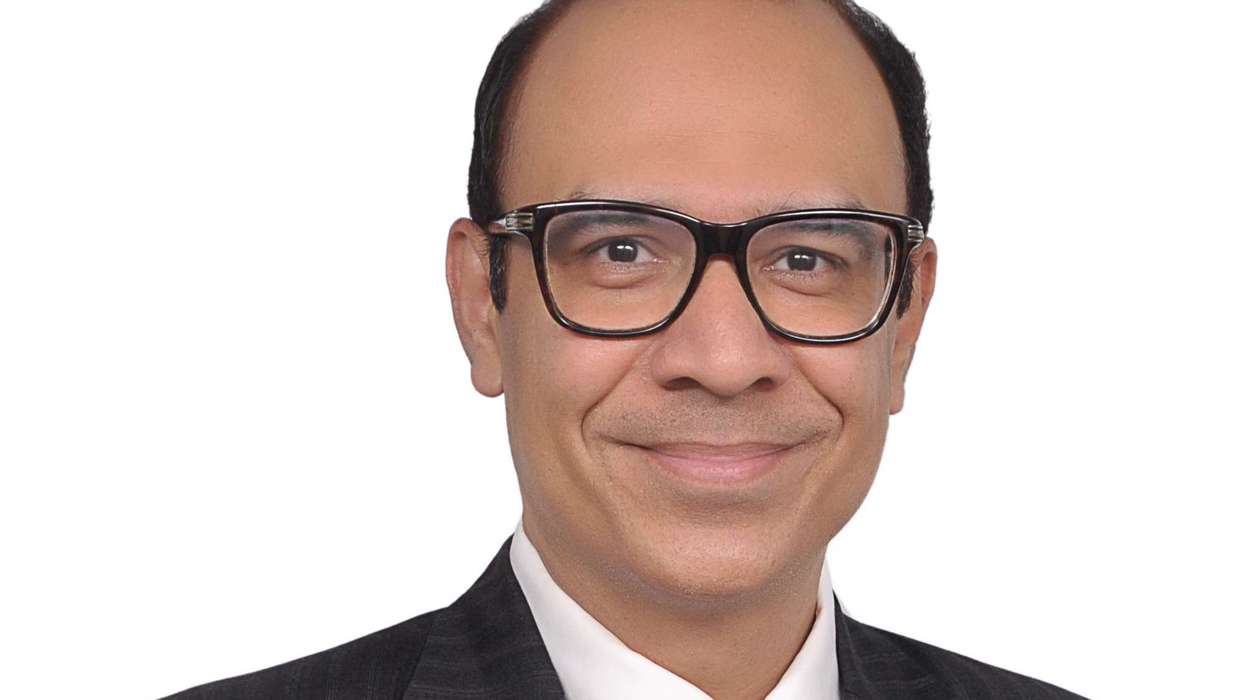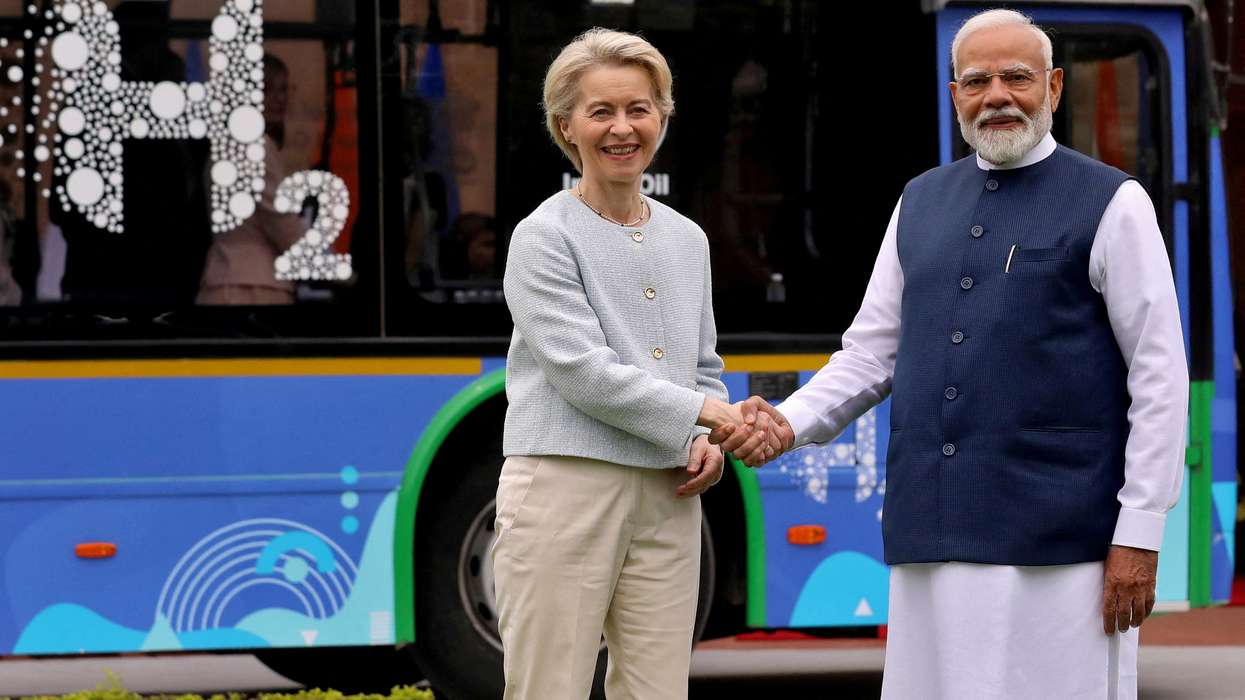The Lohana Community North London (LCNL), one of the largest and most vibrant Gujarati organisations outside India, has ushered in a new leadership team for the 2025–2027 term. In a heartfelt message to the community, newly elected President Ronak Paw expressed pride and gratitude at being entrusted with this role after two decades of service through YLANL and various LCNL positions.
The newly announced LCNL Executive Committee for 2025–2027 is as follows:
President: Ronak Paw
Vice President: Dhiru Savani
Secretary: Jeet Rughani
Assistant Secretary: Rishi Raja
Treasurer: Vishal Sodha
Assistant Treasurer: Parag Thacker
Social Secretary: Madhu Popat
Assistant Social Secretary: Sheetal Baria
Membership Secretary: Ashok Dattani
Assistant Membership Secretary: Dilip Manek
Webmaster: Amit Karia
Assistant Webmaster: Dipen Tanna
LCNL Rep for RCT: Pratap Khagram
LCNL Rep for RCT: Dinesh Shonchhatra
Immediate Past President: Meena Ben Jasani
Immediate Past Secretary: Amit Chandarana
Executive Committee Members:
Sanjay Rughani
Sudhir Jagsi
Jinesh Chandarana
Sandip Chotai
Pushpa Karia
Sushma Khagram
Geeta Nathwani
Kishan Nathwani
Bhavisha Thakrar
Ritesh Thakrar
Executive Committee (Co-OPT):
Prafulla Chotai
Vishali Sodha
LCF Chairperson: Vinod Thakrar
LCF Secretary: Janu Kotecha
RCT Chairperson: Sailesh Mehta
RCT Secretary: Rajeshree Sodha
Mahila Committee:
Chairperson – Naina Raithatha
Secretary – Jayshree Gadhia
Treasurer – Haru Chotai
Senior Men’s Chairperson: Chandu Rughani
Senior Ladies Chairperson: Prathiba Lakhani
YLS Chairperson: Shyam Kanani
YLS Secretary: Shrey Khakharia
